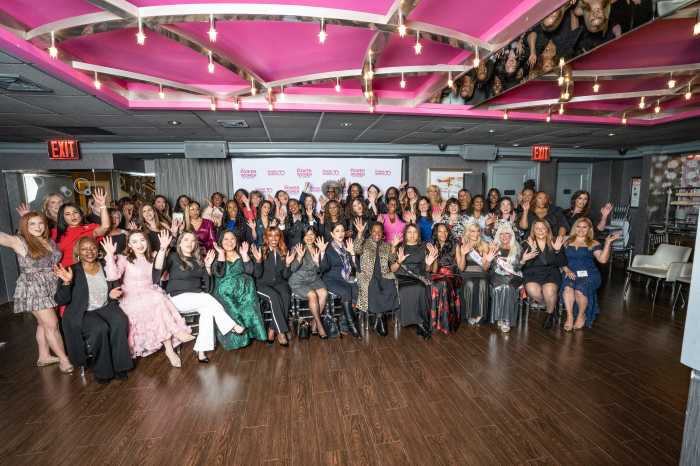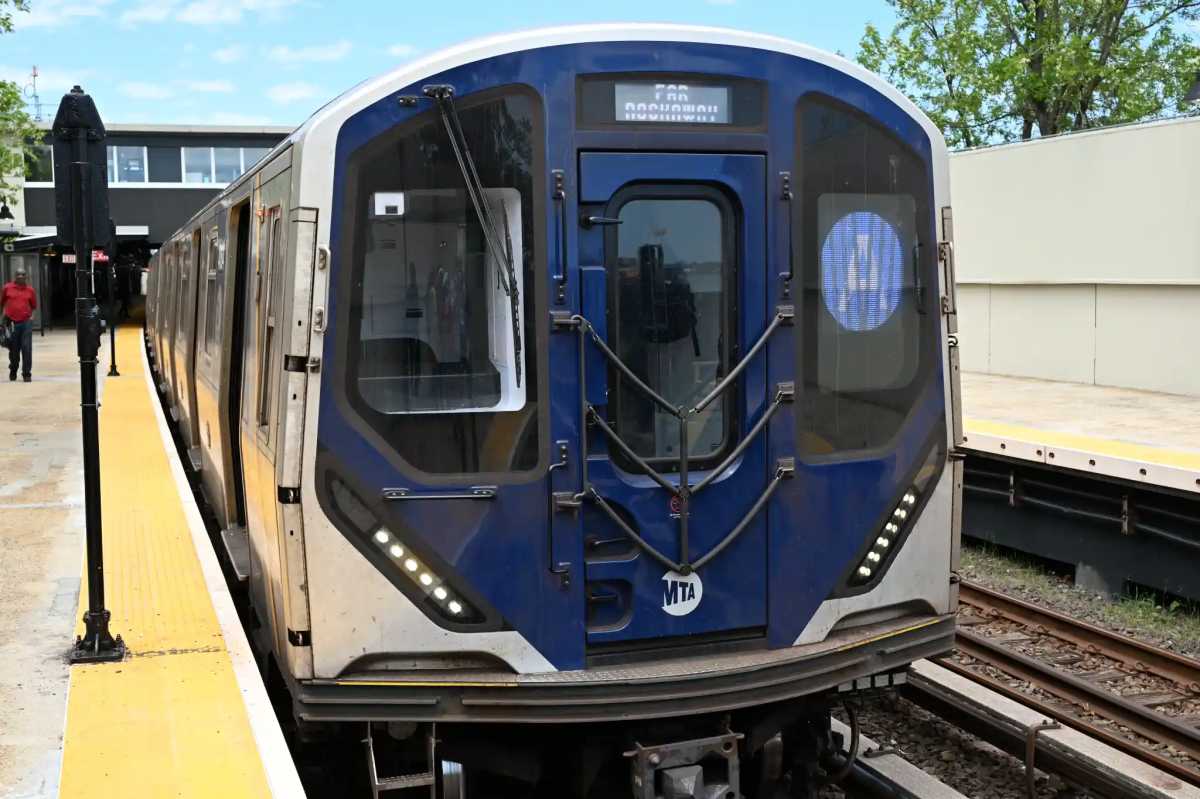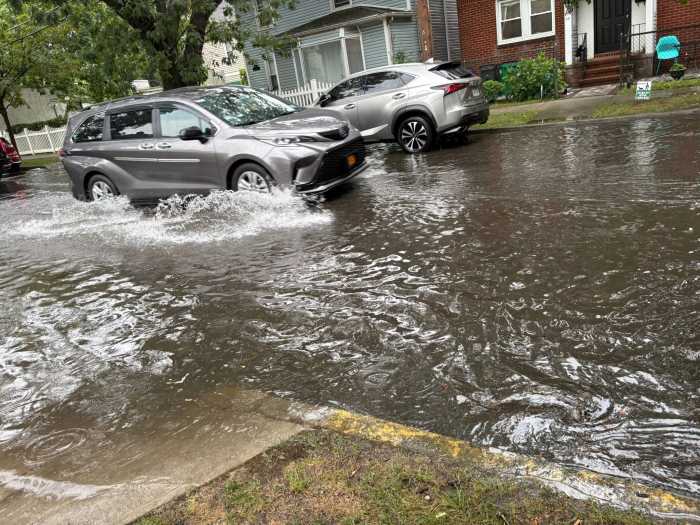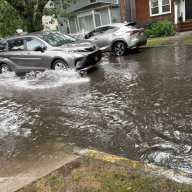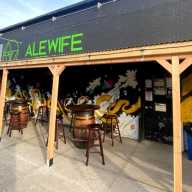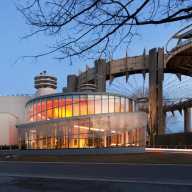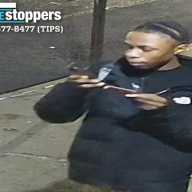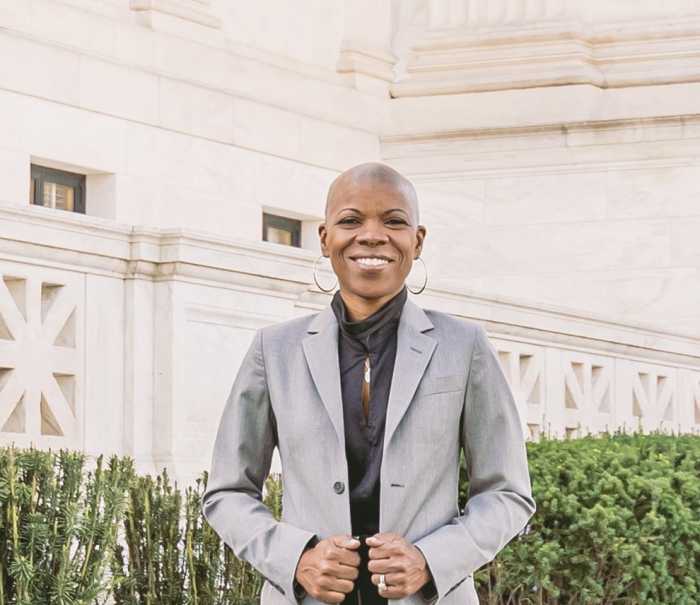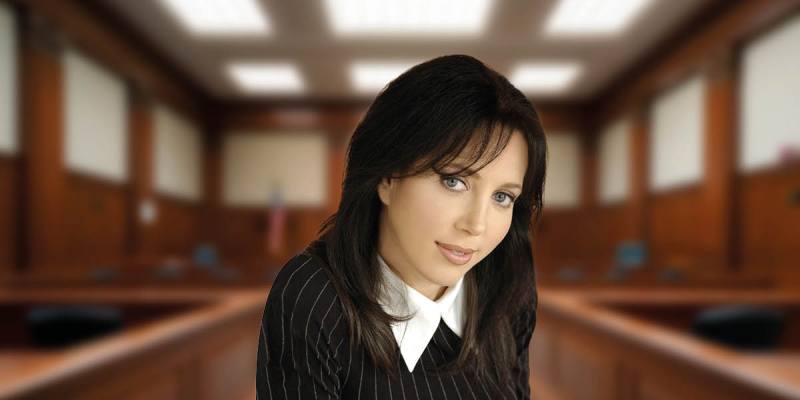By Mark Hallum
State Sen. Tony Avella (D-Bayside) upped the ante on his opposition to bioswales in his northeast Queens district in a letter addressed to Mayor Bill de Blasio and the acting commissioner of the Dept. of Environmental Protection Vincent Sapienza.
Avella is not only calling for an opt-out option for the installation, but also on the drilling required to determine the eligibility for locations of bioswales.
“As you are both aware, I have been, and will continue to, fight for a full opt-out program for residents,” Avella said in the letter. “During our conversations and meetings we agreed that no actual construction would occur in my Senate district, but soil testing could be done in the interim while DEP reviewed our concerns. However, after witnessing the soil testing in person, I am calling for an immediate halt to the soil testing process as well.”
Bioswales are green infrastructure installations cut into the pavement to absorb rainwater and remove some of the burden from the sewer system. The ultimate goal of a bioswale project is to clean up waterways, in this case, Flushing Creek and Flushing Bay, a DEP spokesman said in July. A similar project in Brooklyn launched in June by the city agency will cost $35 million and install more than 800 bioswales to improve water quality in Jamaica Bay.
But Flushing residents were flustered when they discovered Dept. of Design and Construction workers prospecting outside their homes, marking sidewalks with green paint to keep track of locations where a bioswale might be installed. Many did not know what a bioswale was until they were handed a pamphlet by the workers.
Residents complained at a July news conference hosted by Avella that bioswales will take away from the parking spaces, while trees planted in the installations will cause sidewalks to crack, yet again costing homeowners money to fix. Other fears go back to the issue of city trees being planted in the homeowners’ yards and then neglected by the Parks Department responsible for their upkeep.
Joseph Branzetti, president of the Friends of Fort Totten Parks and the Northwest Bayside Civic Association, said the neighborhood of Murray Hill is the lowest point in Flushing and basement floods are common. He feared a bioswale will only aggravate this problem.
“Upon receiving complaints from constituents, I visited their homes to see the soil drilling in process. Not only is it incredibly loud, but it looks more like drilling for oil than soil testing,” Avella said. “It destroys the green strip between the street and sidewalk and can possibly damage the sidewalk as well.”
Installation of 321 bioswales in Maspeth, Ridgewood and Sunnyside began in June with the aim of cleaning up Newtown Creek, which separates Queens and Brooklyn, and catching up to 38 million gallons of rainwater every year. The creek is one of the nation’s most polluted waterways with heavy industrial development along the banks of its 3.5-mile length. Over 50 oil refineries dumped an estimated 30 million gallons of fuel along with toxins from petrochemical plants, fertilizer and glue factories, and other industries in the creek starting in the early 1800s.
Reach reporter Mark Hallum by e-mail at mhall


